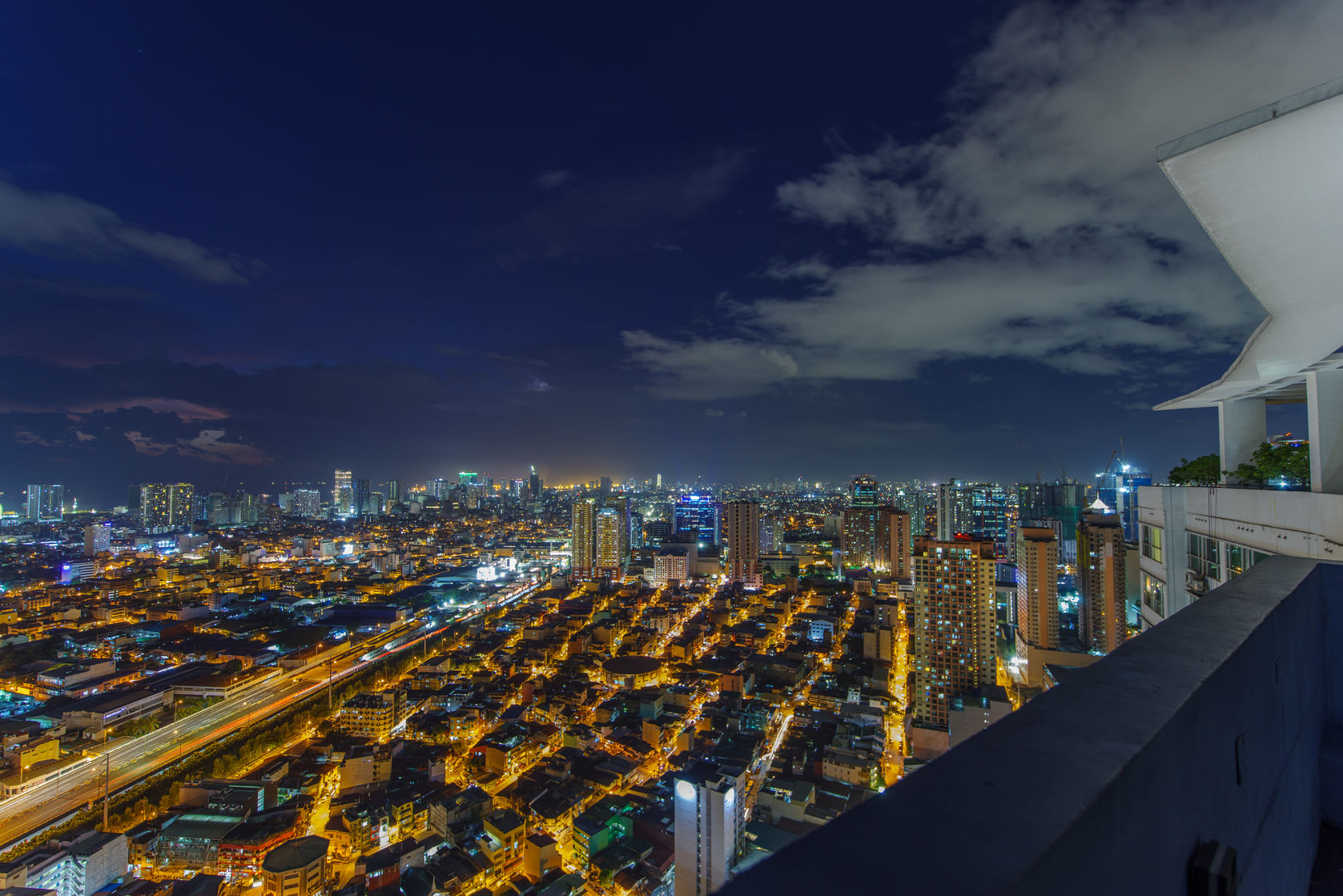In Part 1 of this series, we discussed COMELEC (Commission on Elections) Resolution 10730 dated 17 November 2021 prescribing the rules governing the conduct of free and honest elections.
We are now well into the second week of the official campaign period, with the official campaign period for the 9 May 2022 elections having started last 8 February for national positions. With the prescribed election campaign period, one might expect the campaign activities to be on full blast 24/7. But the good news of a reprieve for both voters and candidates a like — they can all take a much-needed break on certain days. Campaigning or any partisan political activity is considered unlawful on Maundy Thursday (14 April 2022), Good Friday (15 April 2022), the eve of election day (8 May 2022) and on Election Day itself (9 May 2022).
On the other hand, to ensure that no foreign intervention influences the campaign, foreigners whether individuals or entities are not allowed to take part in, or influence in any manner, or contribute or make any expenditure in connection with any election campaign or partisan political activity.
Health and safety protocols
We need no reminder that despite the boisterous conduct of campaign activities, the COVID-19 pandemic is still a serious threat; hence, health and safety standards are still the number one priority even in the midst of election campaign period. Prior to the pandemic, election campaigns have been marked with large crowds in huge spaces, endless motorcades with each vehicle filled to the brim, house-to-house visits with lots of hand-shaking and photo-ops of candidates embracing the elderly or with children in their arms. But under the new normal, we should expect campaign activities to be different.
Under Resolution 10732 promulgated by the COMELEC on 24 November 2021, campaign activities are required to be conducted with strict observance of minimum public health standards prescribed by the Department of Health (DOH).
Candidates and their campaign support staff of voting age are recognized as Authorized Persons Outside of Residence (APOR) during the campaign period, regardless of the alert level system and vaccination status.
Some notable restrictions are:
• Subject to the prevailing guidelines of the Inter-Agency Task Force (IATF) for the Management of Emerging Infectious Diseases, any person below 18 years old, those who are over 65 years of age, and those with immunodeficiency, comorbidity or other health risks, and heavily pregnant women are not allowed to join, participate, or take part in any political caucuses, conferences, meetings, rallies, motorcades or other similar assemblies for the purpose of soliciting votes and/ or undertaking any campaign or propaganda for or against a candidate.
• All persons participating in election campaigns in whatever capacity are mandated to wear full-coverage face shields together with masks (ear loop masks, indigenous, reusable, or do-it-yourself masks, or other facial protective equipment) and observe the minimum public health standards at all times.
The Category Level System for cities and/or municipalities, provinces and regions determines the extent of allowable election campaign activities for each locality. Under Alert Level 1, there is no limit to such companions for a candidate in an in-person campaign. For Alert Level 2, only five campaign support staff can accompany him/her. For Alert Level 3, up to three campaign support staff. For Alert Levels 4 and 5, in-person campaigns are disallowed.
Caucuses, meetings, convention, rallies and miting de avance are allowed up to 70 percent of the operational capacity of the venue for Alert Level 1; 50 percent for Alert Levels 2 and 3; 30 percent for Alert Level 4; and disallowed for Alert Level 5.
The National COMELEC Campaign Committee (CCC) has the authority to set the category level of each region, province, city and municipality. Municipal or city CCC may raise the category level, but cannot lower the category level set by NCCC.
(To be continued)
First published on The Daily Tribune.







